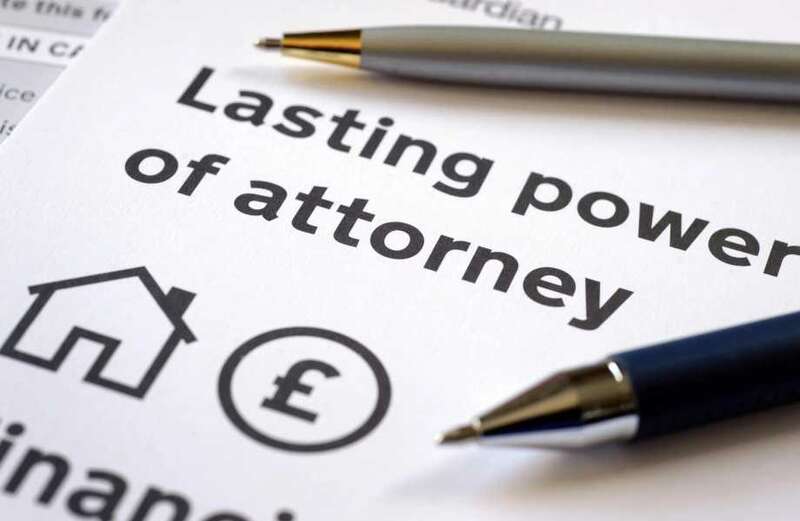HUNDREDS of thousands of families are still owed millions in refunds after being overcharged when registering for power of attorney.
A power of attorney is a legal document that lets you appoint one or more people to help you make decisions or to make decisions on your behalf.

There are two types, one covering property and financial affairs and one covering health and welfare.
A redress scheme was set up by the government in 2018 after it realised that people had been charged more than the administration costs for setting up a power of attorney.
In total, the Office of the Public Guardian (OPG) was found to have overcharged 1.7million applicants registering for power of attorney by £69million between 2013 to 2017.
 Mum & daughter found decapitated in bed after neighbours heard ‘strange noises’
Mum & daughter found decapitated in bed after neighbours heard ‘strange noises’
The refunds apply to powers of attorney registered between 1 April 2013 and 31 March 2017 in England and Wales.
Millions were owed cash back because the OPG's running costs fell but fees were not reduced to reflect this.
In April 2017, The fee to register was lowered from £110 to £82.
Since then a refund scheme has allowed people to claim back as much as £54 per attorney plus 0.5% interest on top.
But if you took out both a financial affairs and a health attorney, then you could be due up to £108.
It's worth noting that even when the person who the attorney was for has died, you can still claim.
In this scenario, the executor of the will or administrator of the estate needs to claim the refund.
But the process has become more complex since the government shut down online refund applications back in January 2021.
And only 330,000 applicants claimed £16.9million worth of refunds up to this date, according to data revealed by The Times.
This means that there are around 1.37million who are still owed redress.
 Cody Fisher's football team postpones match as two appear in court for murder
Cody Fisher's football team postpones match as two appear in court for murder
And many aren't aware that they can still claim the cash back if they file a request by post.
The Public Guardian spokesman's office said: "This refund scheme is still open and we have already paid out over £16 million in compensation."
How much can I claim back?
How much you can claim depends on the year you took out the attorney.
Here's what you need to know:
- Applied between April 2013 and September 2013 - £54 per attorney
- Applied between October 2013 and March 2014 - £34 per attorney
- Applied between April 2014 and March 2015 - £37 per attorney
- Applied between April 2015 and March 2016 - £38 per attorney
- Applied between April 2016 and March 2017 - £45 per attorney
You’ll get half the refund if you paid a reduced fee.
How can I claim a refund?
The deadline to request a refund online passed in January 2021.
But households can still apply for a refund on fees by sending a letter to the OPG.
To apply, you won't need the power of attorney document itself, but you will need:
- The donor's name, address and date of birth.
- Their UK bank account number and sort code.
- The name of one of the attorneys on the power of attorney.
It doesn't matter if the donor has died and you can still make a claim by post.
You'll just need to send a copy of the donor's death certificate and will, or a grant of representation such as a grant of probate or letter of administration, along with your contact details.
Post your request to:
POA Refunds Team
7th Floor
Office of the Public Guardian
PO Box 16185
Birmingham
B2 2WH
































